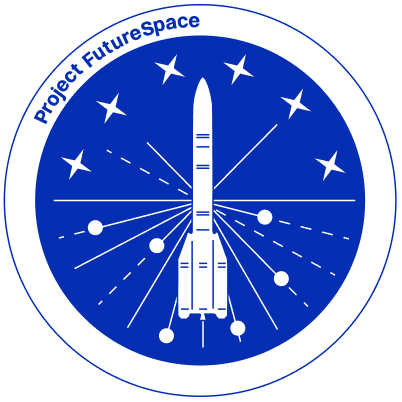Team
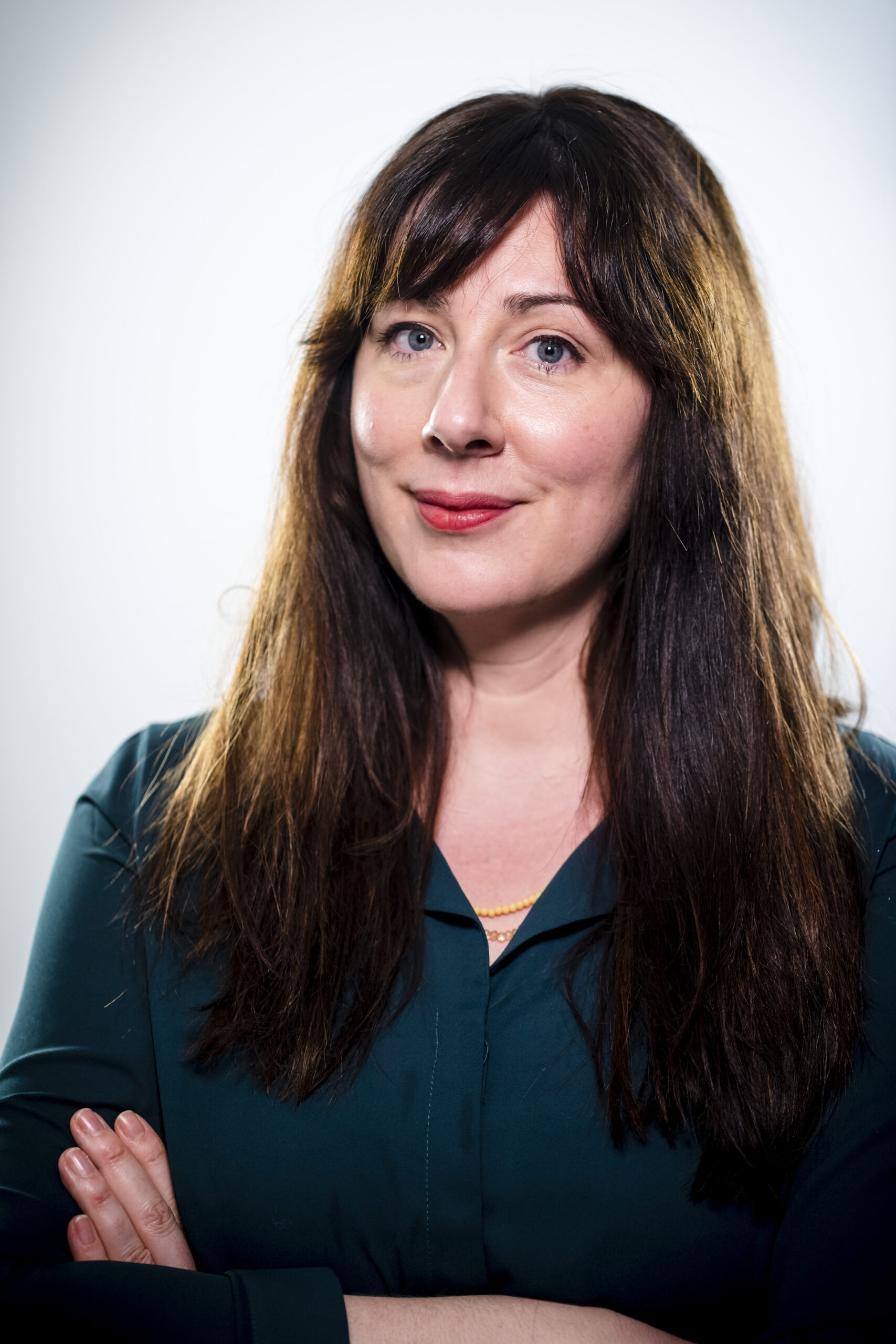
Nina Klimburg-Witjes
Principal Investigator, Assistant Professor, University of Vienna - Department of Science and Technology Studies
Nina’s work centres on the dynamic relationships between infrastructures, innovation, and shifting geopolitical landscapes. Her research employs qualitative, empirical methods to develop a grounded understanding of the interplay between global politics and technological transformations. Particularly, her work focuses on outer space governance, exploring topics such as cooperation, militarization, and environmental justice, as well as the nexus between security infrastructures, (digital) technologies and innovation discourses.
Nina Klimburg-Witjes received her PhD in Science and Technology Studies (STS) from the Technical University of Munich in 2017 (MCTS) and was co-leader of the research group “Science, Technology and Security” of the Engineering Responsibility Lab. She was a visiting researcher at the European Space Policy Institute (ESPI) in Vienna, a research fellow at the Austrian Research Foundation for International Development (OEFSE) as well as the Austrian Institute for International Policy (OIIP), and a research fellow at the Institute of Sociology at the Albert Ludwig University Freiburg.
She holds elected positions on the Council of the European Association for the Study of Science and Technology (EASST) and the Austrian Academy of Science (ÖAW) Young Academy, co-founded the international network for the Social Studies of Outer Space (SSOS) and is a member of the International Network on Security and Technology in Outer Space.
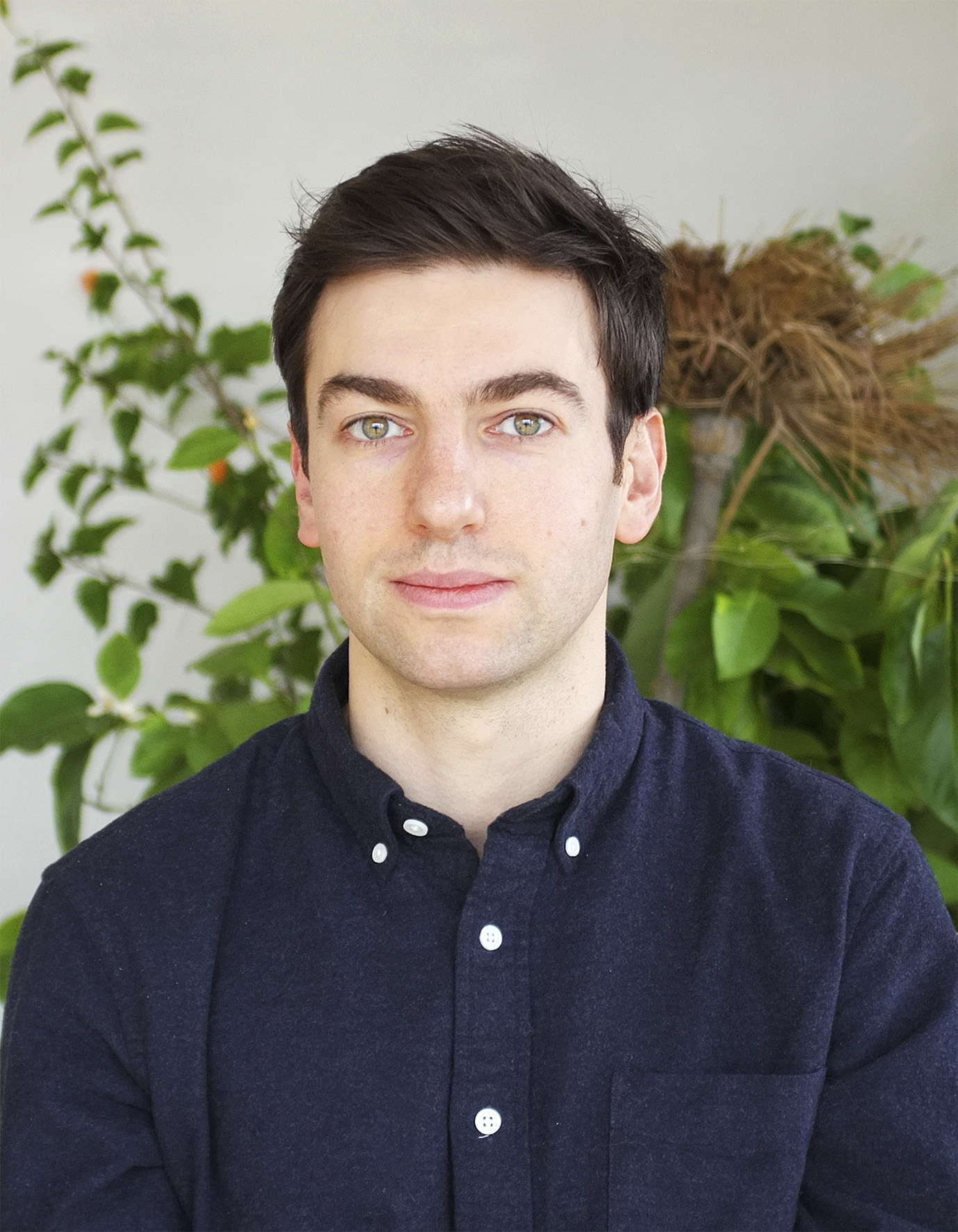
Joseph Popper
Post-doctoral Researcher, University of Vienna - Department of Science and Technology Studies
Joseph Popper is a post-doctoral researcher for the ERC Starting Grant project FutureSpace at the University of Vienna. He holds a PhD from the Basel Academy of Art and Design FHNW and the University of Art and Design in Linz. His research primarily focuses on the production and narration of outer space, visions of outer space futures, and the relations of outer space practices with Earthbound conditions. His writing has featured in academic journals and design publications, and he has presented his research at space industry and science technology studies conferences. Joseph is also an artist and designer and holds an MA in Design Interactions from the Royal College of Art. His works are exhibited internationally, including at La Gaîté Lyrique in Paris, La Panacée Centre in Montpellier, Baltic Centre for Contemporary Art in Gateshead and the Vitra Design Museum in Weil am Rhein.
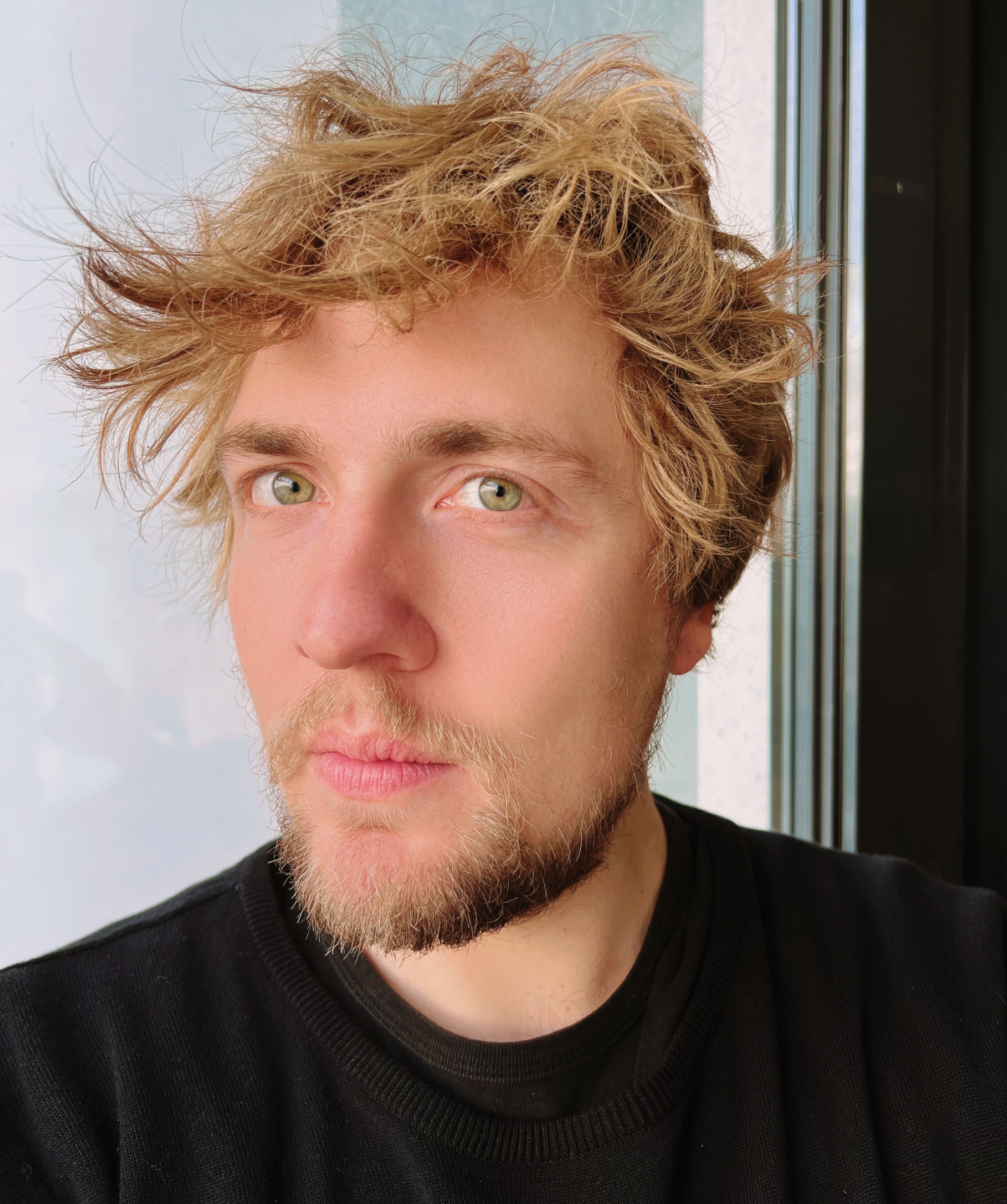
Philipp Kürten
PhD Candidate, University of Vienna - Department of Science and Technology Studies
Philipp Kürten is a PhD student in the FutureSpace project. He holds a Master’s degree in Futures Studies from FU Berlin and a Bachelor’s degree in Cultural Studies and Science & Technology Studies (STS) from Maastricht University. Philipp’s research endeavours to uncover the future-making practices within the European Space Industry. He consistently integrates perspectives, insights and methodological approaches from STS and Futures Studies and organises strategic foresight workshops for the space industry as part of his research. Philipp has employed this distinctive perspective in numerous professional and academic foresight projects, at a foresight consultancy and as a visiting researcher at the Advanced Concepts Team at the European Space Agency ESA.
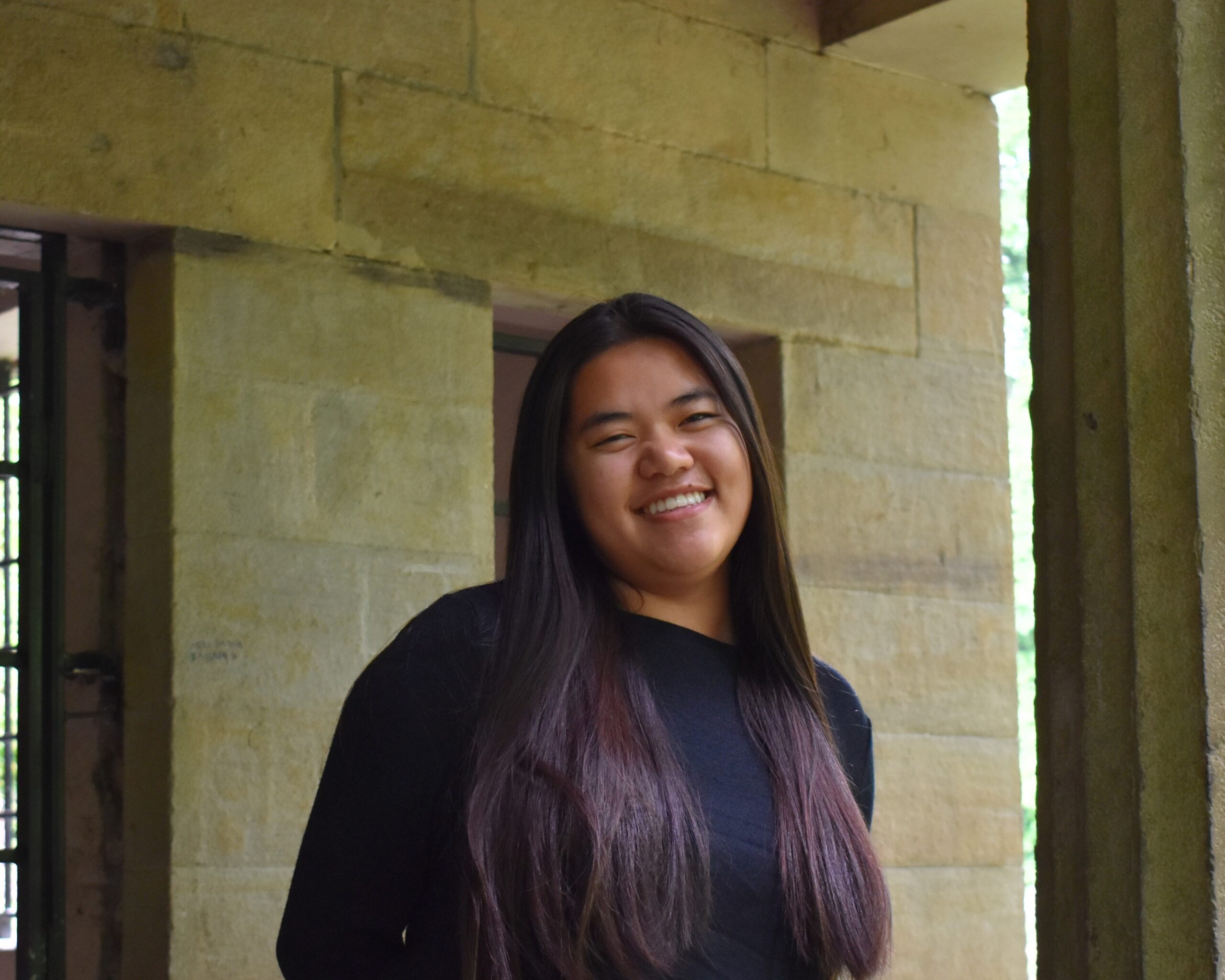
Hannah Schmalstich
Student Research Assistant, University of Vienna - Department of Science and Technology Studies
Hannah Schmalstich is a research assistant for the FutureSpace project and master’s student at the Department of Science and Technology Studies at the University of Vienna. She received her bachelor’s degree in Natural Sciences from Durham University in 2024, focusing on physics and philosophy and completing an undergraduate dissertation analysing the social and political contexts surrounding the Oppenheimer security clearance hearing. Now, she is primarily interested in infrastructures and governance in the context of commercial satellite constellations, with the aim to integrate political theory and visual STS in understanding Earth-level user interactions with space infrastructure.
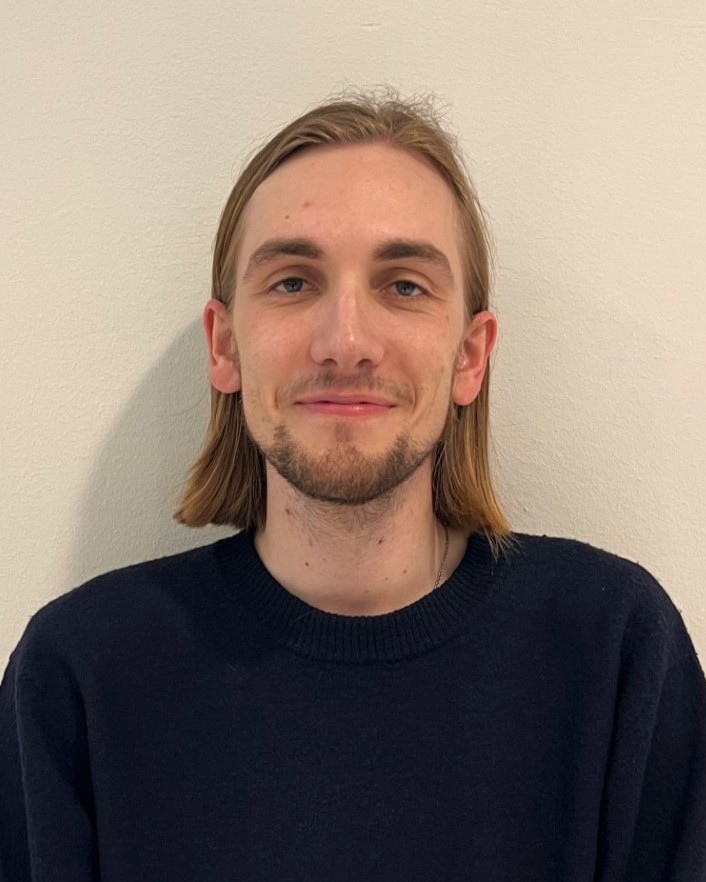
Pepijn Deroo
Student Research Assistant, University of Vienna - Department of Science and Technology Studies
Pepijn is a research assistant in the FutureSpace project and a master student at the Department of Science and Technology Studies at the University of Vienna. He holds a Bachelor’s and Master’s degree in Aerospace Engineering from TU Delft, specializing in space engineering. As part of the TU Delft Honours Programme, he researched the development of the ISS robot CIMON, with a focus on the material culture of the ISS and the materialization of the robot’s social character, sparking his interest for social studies of outer space and STS more broadly. In his current master’s thesis, Pepijn is interested in the construction of meaning and materiality in modelling practices in the space sector, and how these practices shape and relate to the imaginaries and aesthetics of technology in space exploration.
Affiliated Researchers & Fellows
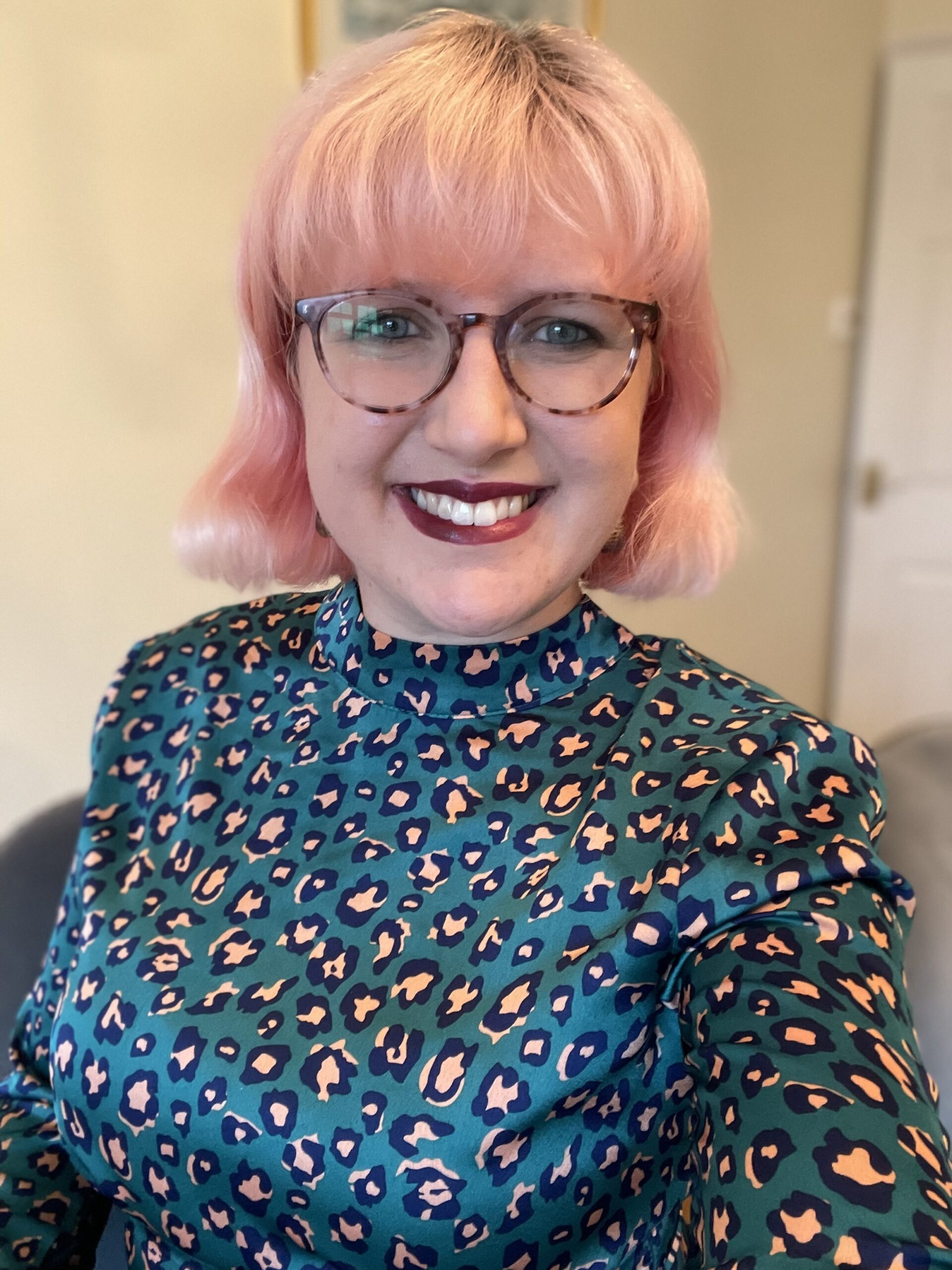
Eleanor S. Armstrong
University of Leicester, Visiting Postdoctoral Researcher (March-April 2025)
Eleanor S Armstrong is a Space Research Fellow at the University of Leicester, UK, where she leads the Constellations Lab. Her research is at the intersection of STS, cultural geography, education, and gender studies. She has held posts at the University of Delaware and Stockholm University, visiting positions at, among others, the University of Cambridge, Ingenium Canada’s Museums of Science and Innovation, New York University, and University of Vienna; and was awarded her PhD from University College London in 2020. Armstrong is Trustee of Pride in STEM; co-lead of the international biannual conference Space Science in Context; and co-developer of the design studio EXO-MOAN. Her research focuses 1) on queer feminist approaches to social studies of outer space, particularly the presentation of femininities, feminisms, and femmes in public discourses about outer space; and 2) on anti-colonial work in science and natural history museums.
As part of the collaboration with FutureSpace, she will work on two forthcoming papers. One focuses on conceptualising outer space discourses, bringing Carol Cohn’s 1987 text on Defense Intellectuals and their discourses of rationality, sex, and death, into conversation with the 2020s space sector. The second looks at the role that “European” identity plays, and how it is constructed by participants and organisers, in European youth space education activities. While based in Vienna, Armstrong and Klimburg-Witjes will host an invite-only roundtable workshop on feminist themes in outer space.
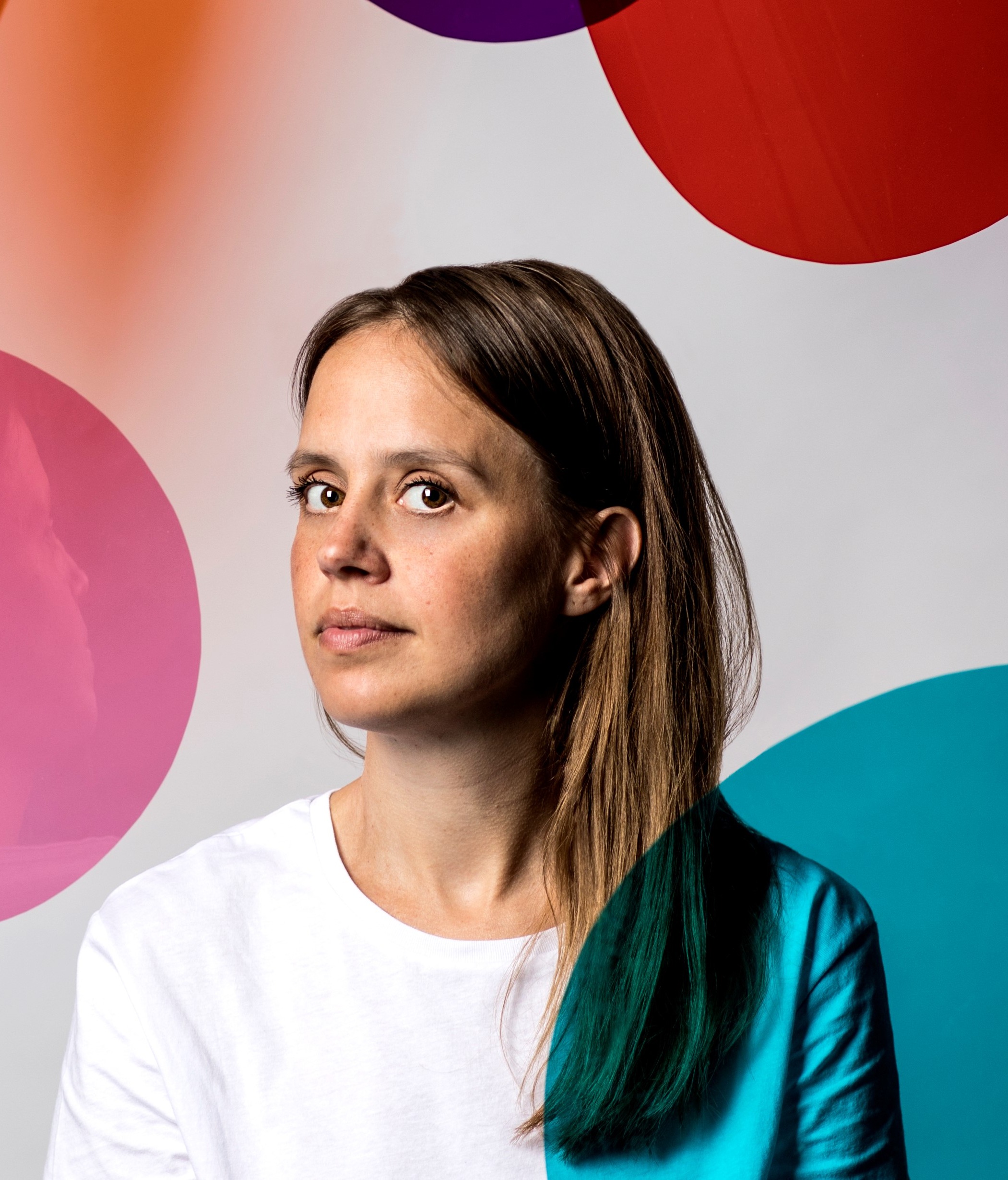
Sabine Winters
Utrecht University, Visiting PhD Researcher (Spring 2025)
Sabine’s research at the Freudenthal Institute, History & Philosophy of Science, is focused on the epistemic significance of imagination in space science and exploration. In her research, she hones in on a specific aspect of space science practice: the utilization of imagination. The primary question is twofold: first, how do space scientists themselves perceive the role of imagination in their work? Second, what is the value of imagination in future space missions, if any, and how can this value be clarified and potentially improved? Under the guidance of Dr. Guido Bacciagaluppi (University of Utrecht), Dr. Mike Stuart (York University, UK), and Dr. Jai Grover (ESA ESTEC, Advanced Concepts Team), this project aims to provide more insight into the epistemology of scientific imagination and draw more attention to the philosophy of space science. Ultimately, Sabine advocates for the importance of imagination in space science concerning the ethical, political, and social (disruptive) implications of the ‘how and why’ of space missions.
For more of Sabine’s research, please follow this link.
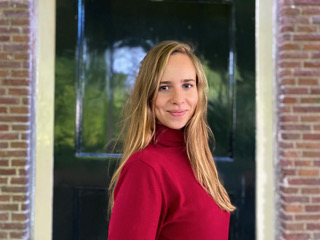
Enrike van Wingerden
University of Amsterdam, Postdoctoral Researcher (2025)
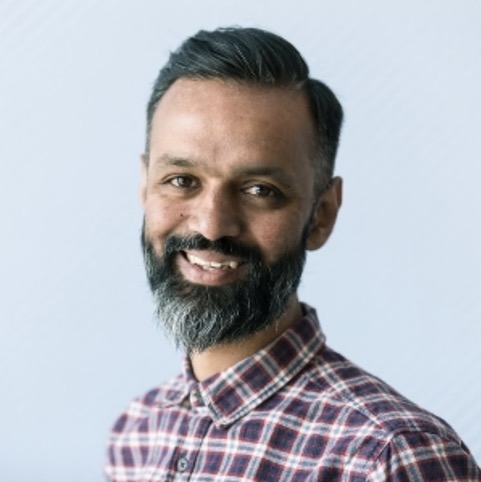
Darshan Vigneswaran
University of Amsterdam, Associate Professor (2025)
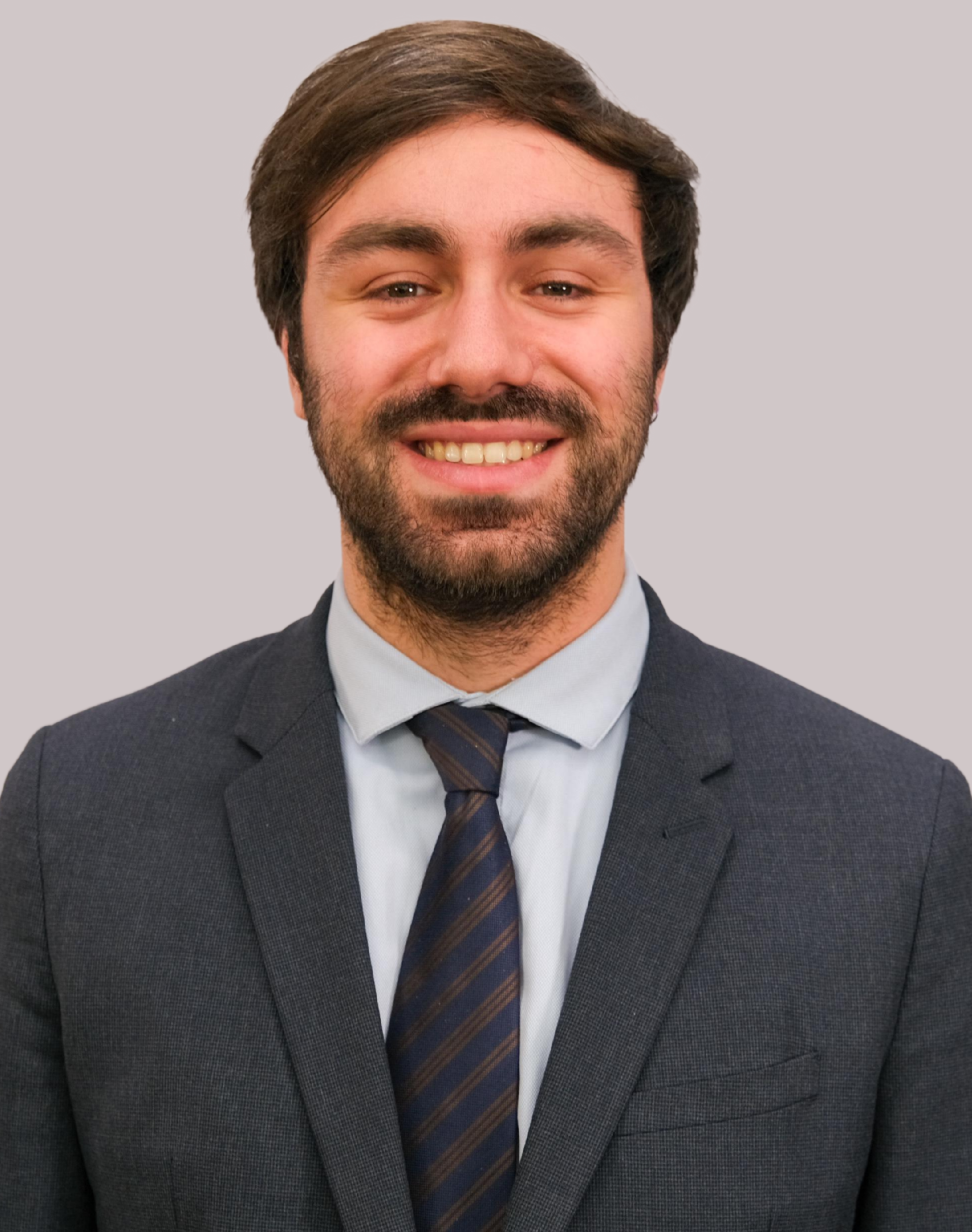
Nicolò Miotto
University of Vienna, PhD Candidate (external)
Nicolò Miotto is a PhD candidate at the University of Vienna. He also works at the Organization for Security and Co-operation in Europe (OSCE) Conflict Prevention Centre, where he supports projects concerning arms control and the non-proliferation of weapons of mass destruction and their means of delivery. He holds a Master’s degree in Intelligence, Security, and Strategic Studies from the University of Glasgow, Dublin City University, and Charles University, as well as a Bachelor’s degree in International and Diplomatic Sciences from the University of Trieste. His PhD research integrates Science and Technology Studies with Critical Security Studies, examining how threat perceptions, military space technologies, and sociotechnical imaginaries shape visions of outer space. Nicolò’s research interests include emerging technologies, outer space security, and arms control. His work has been published in the Journal for Deradicalisation, the Journal for Peace and Nuclear Disarmament, and Critical Sociology.
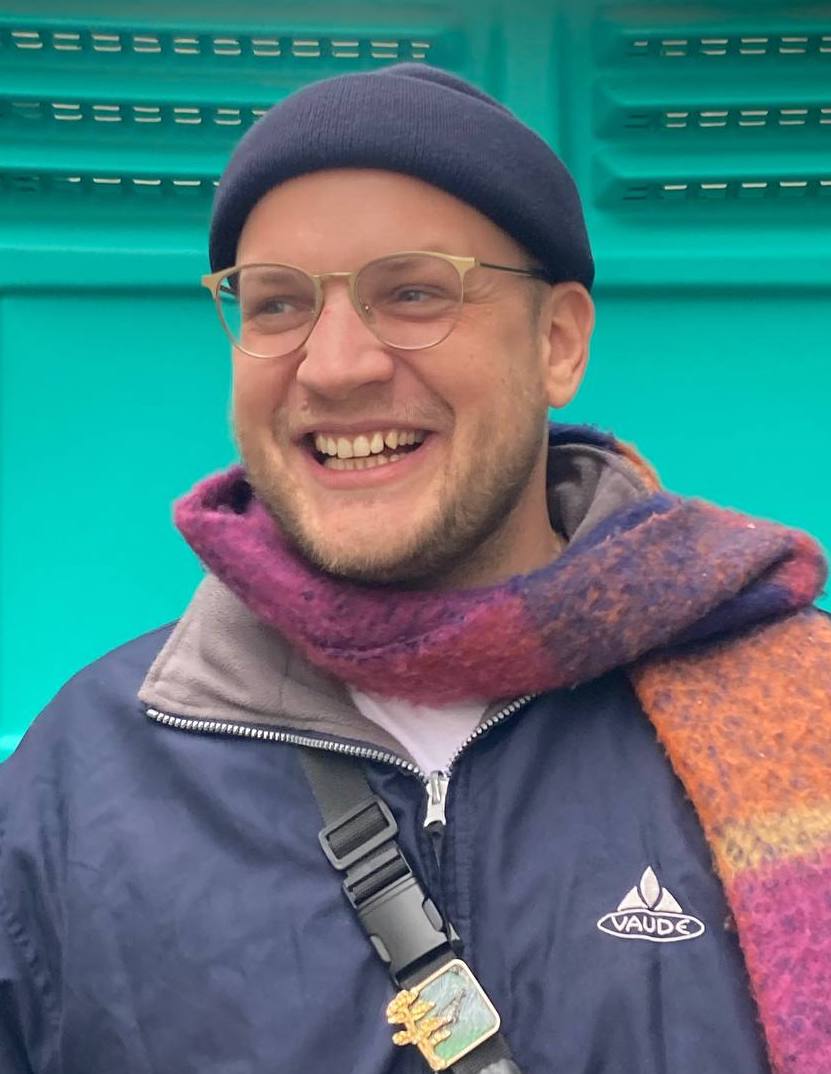
Kai Strycker
Student Research Assistant (October 2023-Februar 2025)
Kai is a research assistant with the ERC Starting Grant Project FutureSpace and a master student at the Department of Science and Technology Studies at the University of Vienna. He is currently engaged in research for his FutureSpace master thesis and is particularly interested in the elaborate entanglement of civil and military concerns in the European space industry. His research investigates the impact that this assemblage of interests has on the development and manufacturing of the Ariane 6.
His academic journey began at the Karlsruhe Institute of Technology where he completed his bachelor in Mechanical Engineering in 2017 after conducting research at the University of Kentucky. Desiring a change in focus, he pursued a bachelor of Philosophy at the Université de Strasbourg, spending a semester at the Université de Montréal as recipient of the “Initiative d’Excellence” scholarship.
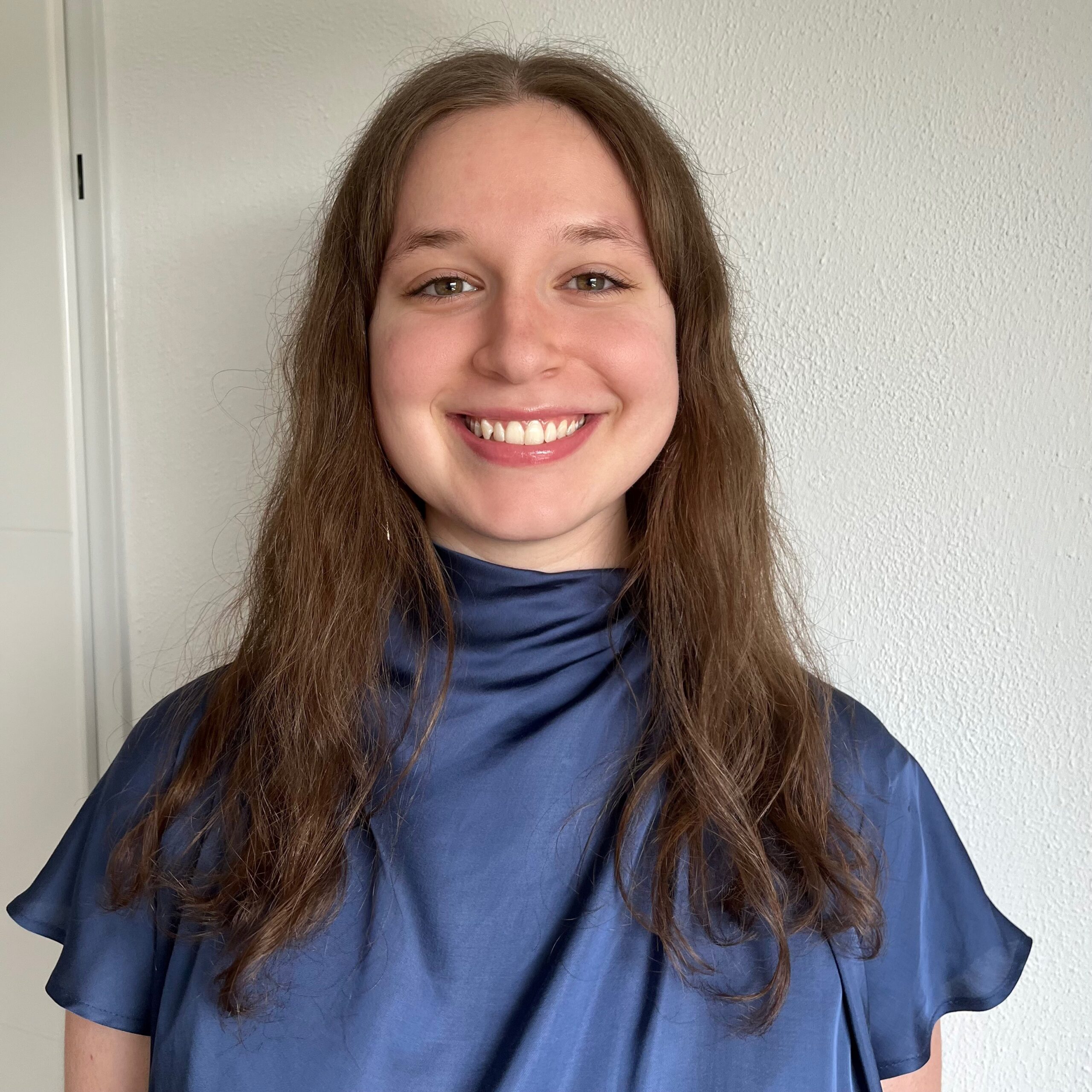
Allesandra Penders
Maastricht University, Research Intern (September-December 2024)
Allesandra Penders is a master’s student in the interdisciplinary Cultures of Arts, Science and Technology Research Master programme at Maastricht University. Allesandra previously completed her Liberal Arts and Sciences bachelor’s programme at Maastricht University (University College Maastricht), with a Social Sciences/Humanities concentration focussing on STS, Cultural Studies, Sociology, and (Digital) Media Studies. As part of her current master’s programme, Allesandra is doing an internship at the University of Vienna in the FutureSpace project, working as a research assistant. Within the FutureSpace project, she is particularly interested in sociotechnical imaginaries of European futures in space, researching which future visions are employed and advocated for publicly by important actors in the European space industry, and why, and how these visions are operationalized. She is thus also interested in researching the discursive practices, framings, and ‘justifications’ that are implemented in the Ariane project and European space exploration more broadly.
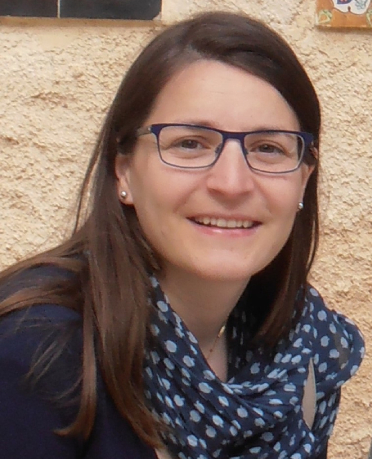
Paloma Puente Lozano
University Carlos III of Madrid, Associate Professor, Visiting Scholar (June-July 2024)
Paloma Puente’s research interests lie at the intersection of historical geography, political philosophy, and geopolitics, with special focus on the historical transformations of geographical and political concepts (such as territory, border, sovereignty and place/space). She is currently the principal investigator of the project ‘GEOGLOBCOM: The geopolitics of global commons. The territorialisation of international areas and the challenges to their governance (the case of Outer Space)’. The project analyses how discursive and material practices that are being currently carried out in areas that are considered ‘common heritage of humankind (global commons) imply an ongoing process of ‘fuctional territorialisation’ of said areas. As part of the collaboration with the FutureSpace project she will investigate whether the increasing securitization of EU’s outer space policies might entail a territorializing logic and which consequences this may have (both for the understanding of outer space and EU identity). Further, she will explore EU space policies’ spatial and scalar dimensions regarding scientific and material practices and infrastructures that bind EU members and the tensions between a networked and collaborative spatiality and an increasingly territorialized one in which security concerns and geopolitical interests become prominent.
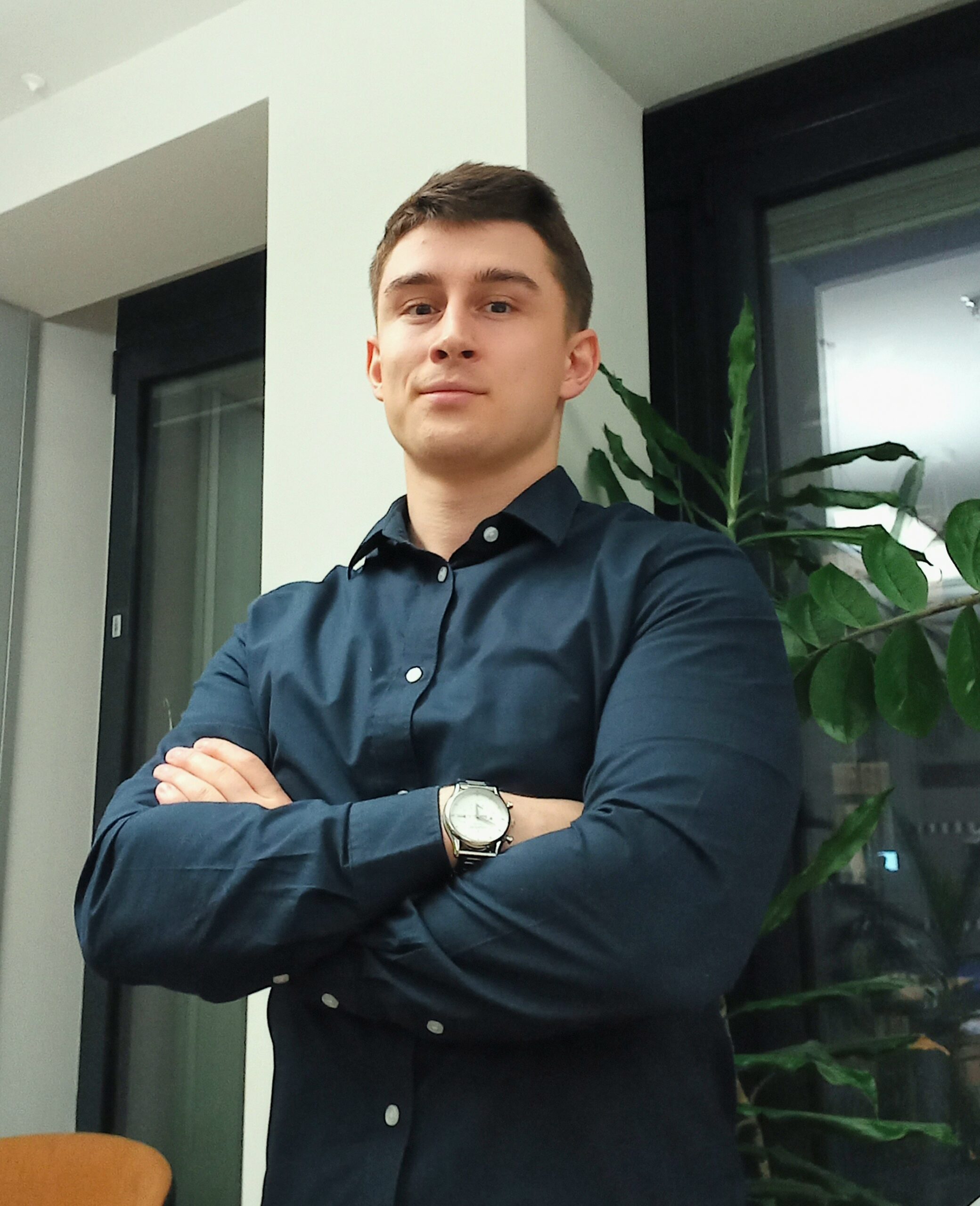
Matúš Babják
Matej Bel University, Visiting Scholar (March-June 2024)
Matúš Babják is a PhD candidate studying International Relations at Matej Bel University in Banská Bystrica, Slovakia. His research primarily centers on the evolution of international space law, the sustainability of human activity in space, the issue of anthropogenic space debris, and the commercialization of the space race. Complementing his academic endeavors, Matúš Babják serves as the National Point of Contact for Slovakia within the Space Generation Advisory Council (SGAC) and has gained professional experience through an internship at The European Union Agency for the Space Programme (EUSPA).
International Advisory Board
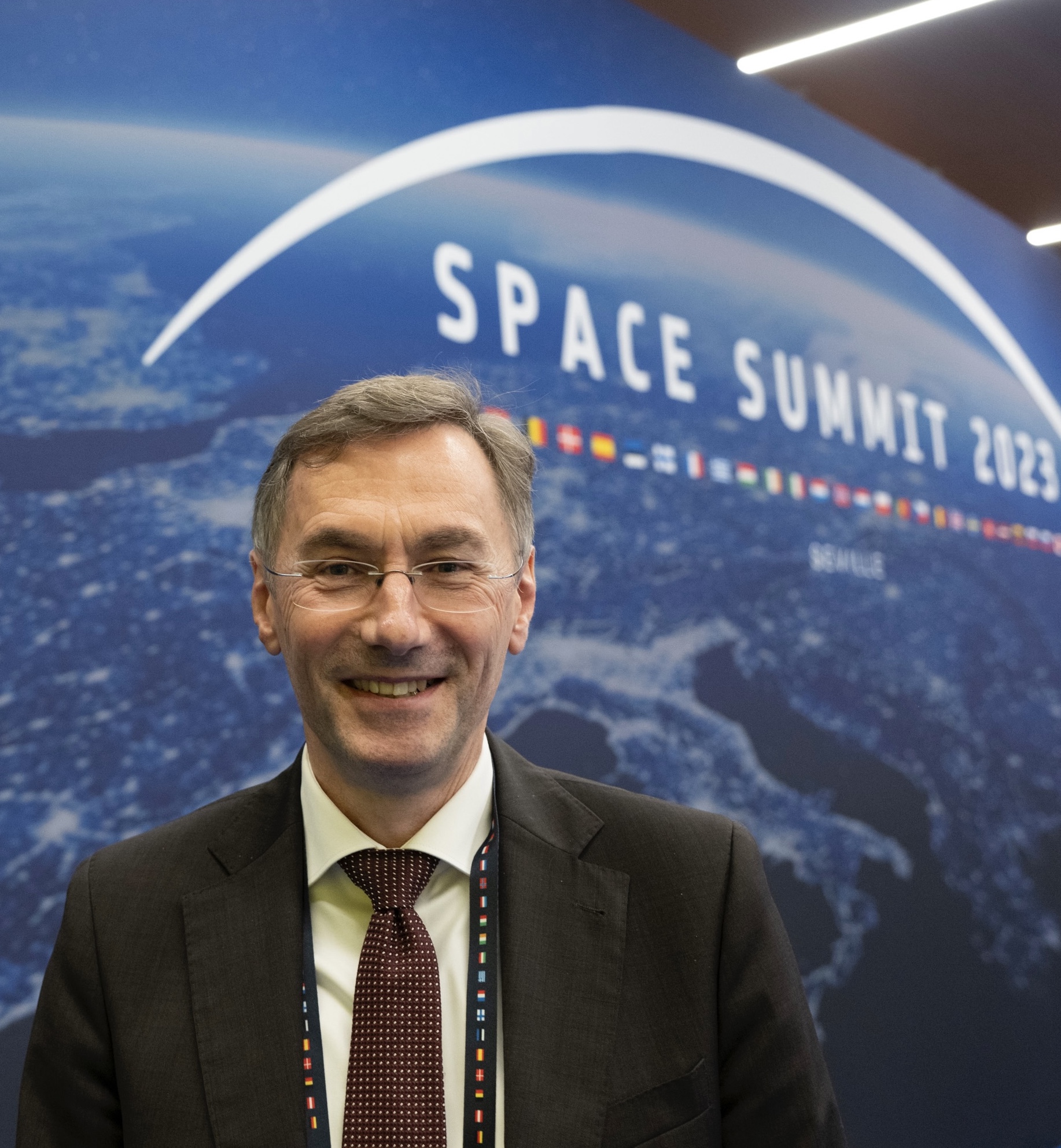
Prof. Dr. Kai-Uwe Schrogl
University of Tübingen
Professor Dr. Kai-Uwe Schrogl is Honorary Professor at the Institute of Political Science of Tübingen University, Germany, where he gives courses in key areas of international technology policy. Kai-Uwe Schrogl is the President of the International Institute of Space Law (IISL), the global association of space lawyers from more than 50 countries. He served from 2014 to 2016 as chairman of the Legal Subcommittee of the United Nations Committee on the Peaceful Uses of Outer Space (UNCOPUOS) and was from 2020 to 2022 Co-Chair of the Global Future Council on Space of the World Economic Forum (WEF). His most recent book publication is “A Research Agenda for Space Policy” at Edward Elgar Publishing. In his professional function, he is the Special Adviser for Political Affairs in the European Space Agency. Before, he was seconded from ESA to the German Federal Ministry for Economic Affairs and Energy in Berlin to support the German Presidency of the Council of the European Union. Until 2019, he was the Chief Strategy Officer of ESA in Paris. From 2007 to 2011 he was the Director of the European Space Policy Institute (ESPI) in Vienna. Prior to this, he was the Head of the Corporate Development and External Relations Department in the German Aerospace Center (DLR) in Cologne.
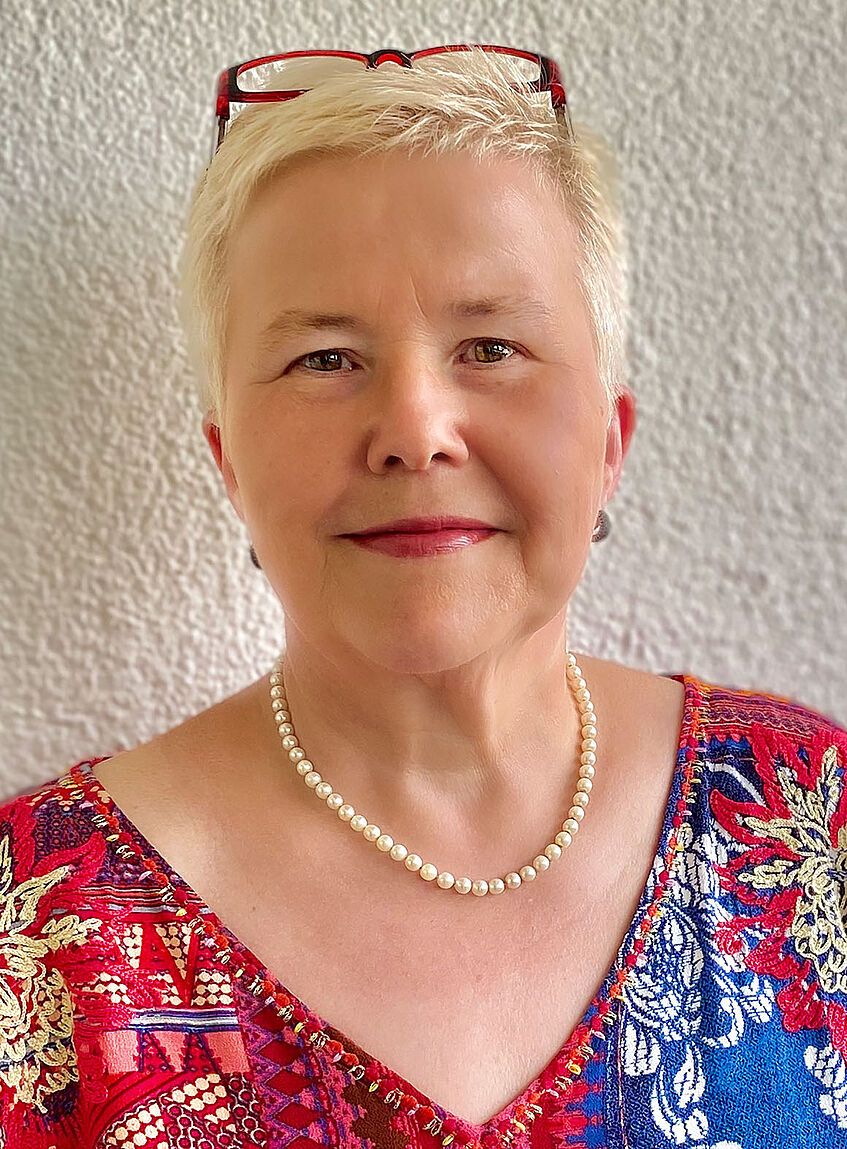
Univ.-Prof. Dr. Ulrike Felt
University of Vienna
Ulrike Felt is Professor of Science and Technology Studies (STS) at the University of Vienna, Austria. Holding a PhD in physics and a second degree (habilitation) in the social sciences, Felt is addressing pressing issues at the intersections of science, innovation and society. Her research critically examines contemporary lives in knowledge/innovation societies, changing research cultures as well as the multiple engagements of societal actors with developments in science and technology. As STS scholar, she is author/co-author of numerous books and edited volumes and has published more than 120 articles and chapters. She is currently finishing a book on the politics of time in academic research. Felt has also recently been awarded an ERC grant to investigate how contemporary societies address and care for the left-behinds created by innovations, pointing to the urgency of rethinking our relation to innovation in the name of protecting our environmental futures.
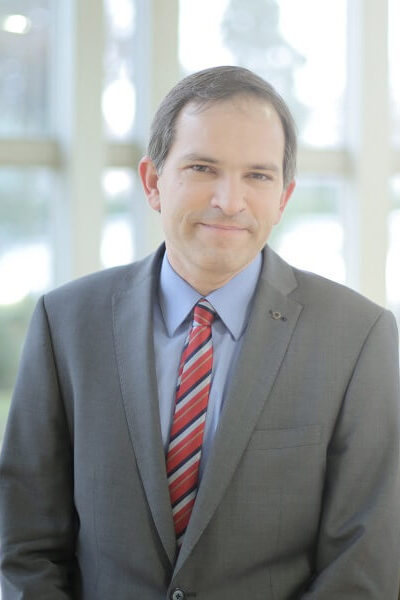
Prof. Dr. Thomas Hoerber
ESSCA School of Managment
Thomas Hoerber is Professor for European Studies, Director of the EU-Asia Institute and Head of the Department of International Affairs at ESSCA School of Management, France. He holds the Jean Monnet Chair – Teaching and Research in European Studies (TRES). He holds a PhD in European Studies on European integration in France, Germany and Britain in the 1950s concluded at the University of Cambridge in 2006 where he had studied at Trinity Hall since 2000, including a MPhil in European Studies on Anglo-German naval politics in the wake of the Second World War. Finally, he has concluded his Higher Doctorate (HDR) at the University of Passau (Germany) in 2018. During his PhD, he also worked as parliamentary assistant in the German Bundestag and in the French Assemblée Nationale while attending Sciences Po (Paris). These postgraduate studies were preceded by undergraduate studies at the Universities of Heidelberg and Edinburgh.
His research focuses on European integration theory, with a particular interest in the connection between History and Politics. In addition, he works on European sustainability policies, a research interest which has led him to co-leading a UACES Collaborative Research Network on ‘The Governance of Sustainability’ and since July 2018 an international research network of the Alliance Europa on the same topic. He is also working on European Space Policy within the European integration process.
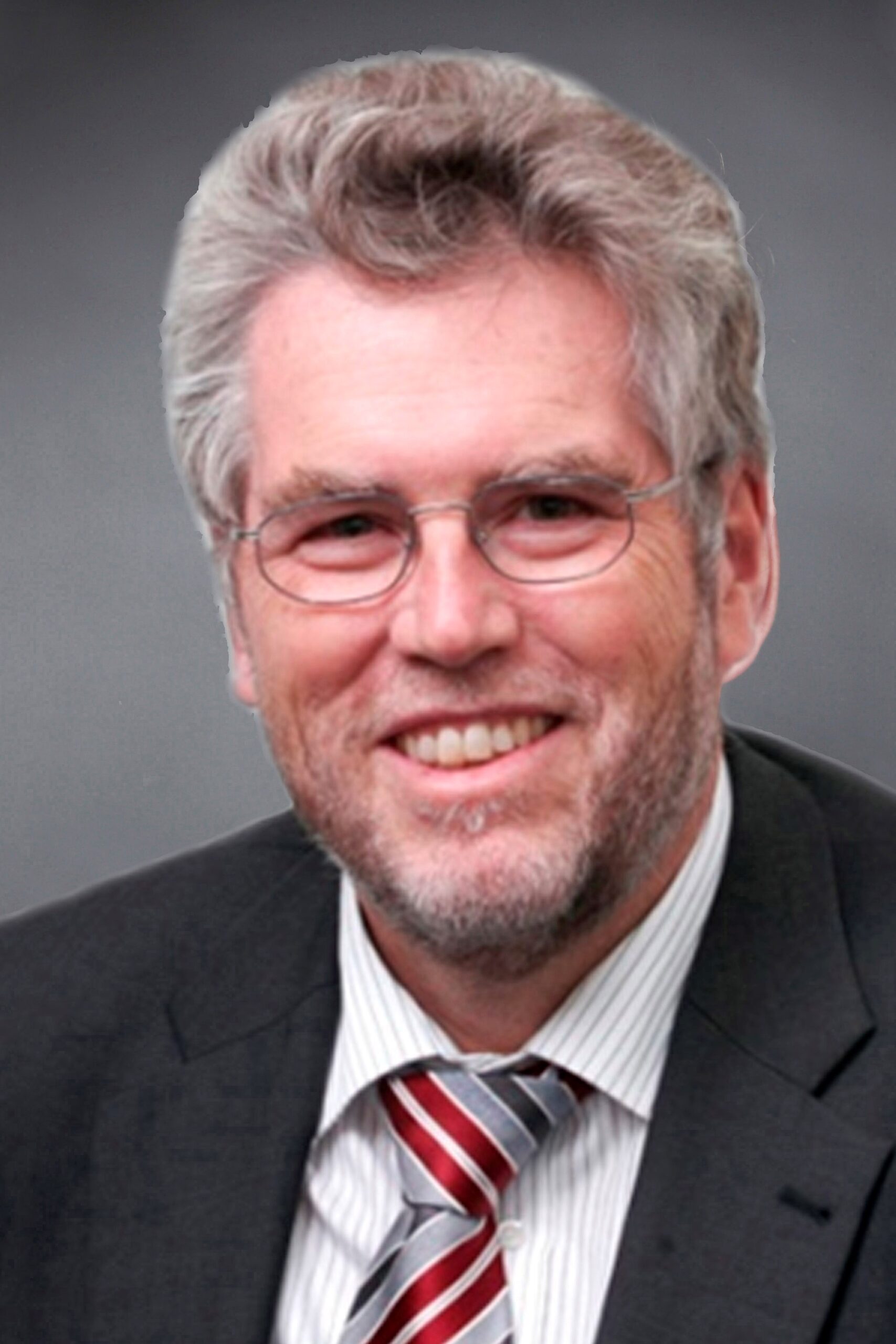
Dr.-Ing. Ulrich Clormann
Senior Technical Advisor
Dr.-Ing Ulrich Clormann is a seasoned engineering professional, now retired, with a distinguished career spanning academic achievements and leadership roles, accruing thirty years of experience in the aerospace industry. He graduated from the Technical University of Darmstadt with a Dipl.-Ing. in Civil Engineering (1980) and later earned a Dr.-Ing. in Materials Engineering (1985) with his PhD thesis titled „Local Stresses and Strains in Weldments as a Basis of the Proof of Fatigue Strength“.
His professional journey unfolded at MT Aerospace AG, formerly MAN Technologie AG, where he began as a Strength Engineer, conducting in-depth studies of booster case intersegment connections, contributing to the development and qualification of boosters. In a subsequent capacity he orchestrated serial production efforts and implemented a design-to-cost program. Transitioning to the position of Co-Head of Space Projects, he shouldered the responsibility for all space projects, overseeing design-to-cost programs and ensuring the seamless integration of various space-related endeavors. The subsequent five years were dedicated to the role of Head of Engineering, where he led teams in development projects, analyses, design, and process engineering. Following this, he assumed the role of Head of Technology & Innovation for three years, delving into Research & Development programs and business development, harnessing innovation to drive technological advancements. His last position in the company was as Head of the Ariane 6 Program, managing MT Aerospace’s contribution to the European launcher.
He is consutling the project team in technological matters.
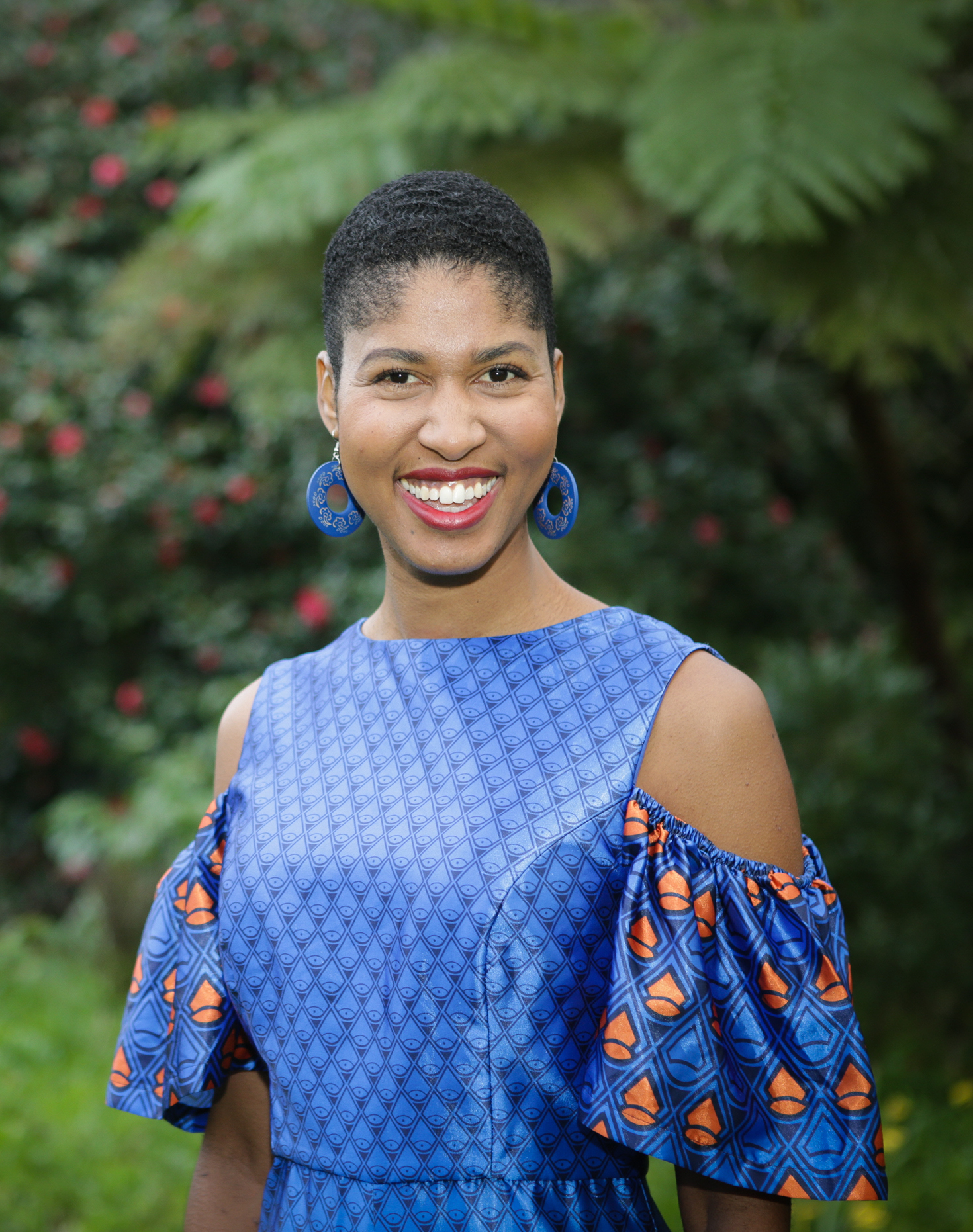
Asst.-Prof. Dr. Danielle Wood
Massachusetts Institute of Technology
Professor Danielle Wood serves as an Assistant Professor in Media Arts & Sciences and holds a joint appointment in the Department of Aeronautics & Astronautics at the Massachusetts Institute of Technology. Within the MIT Media Lab, Prof. Wood leads the Space Enabled Research Group which seeks to advance justice in Earth’s complex systems using designs enabled by space. Prof. Wood is a scholar of societal development with a background that includes satellite design, earth science applications, systems engineering, and technology policy. In her research, Prof. Wood applies these skills to design innovative systems that harness space technology to address development challenges around the world. Prior to serving as faculty at MIT, Professor Wood held positions at NASA Headquarters, NASA Goddard Space Flight Center, Aerospace Corporation, Johns Hopkins University, and the United Nations Office of Outer Space Affairs. Prof. Wood studied at the Massachusetts Institute of Technology, where she earned a PhD in engineering systems, SM in aeronautics and astronautics, SM in technology policy, and SB in aerospace engineering.
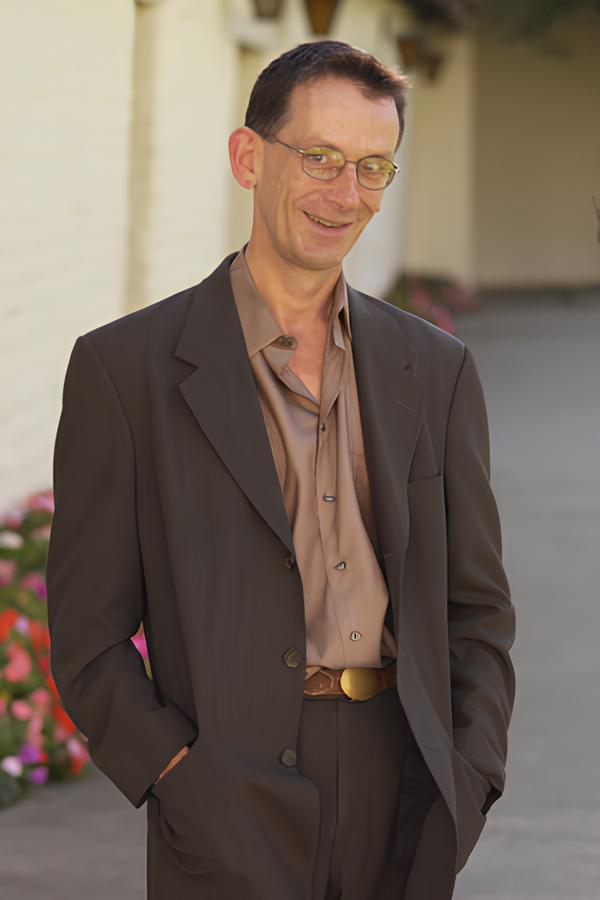
Prof. Dr. Geoffrey C. Bowker
University of Califonia at Irvine
Geoffrey C. Bowker is Emeritus Donald Bren Chair at the School of Information and Computer Sciences, University of California at Irvine. He received his PhD in the History and Philosophy of Science from the University of Melbourne in 1984. He then studied for several years in Paris with Bruno Latour at the Ecole des Mines. At this time he developed an interest in social studies of technology and information – his first book Science on the Run: Industrial Geophysics and Information Management at Schlumberger explores these themes. He then worked in Keele (Department of Sociology) and Manchester (Center for the History of Science, Technology and Medicine) where he studied the history of cybernetics. Here again, the relationship beteween technology (the emerging computer) and information was central to his analysis.
Together with Leigh Star he wrote Sorting Things Out: Classification and its Consequences; his most recent books are Memory Practices in the Sciences and (with Stefan Timmermans, Adele Clarke and Ellen Balka) the edited collection: Boundary Objects and Beyond: Working with Leigh Star. He is currently working on time and computing under the rubric ‘life at the femtosecond’.
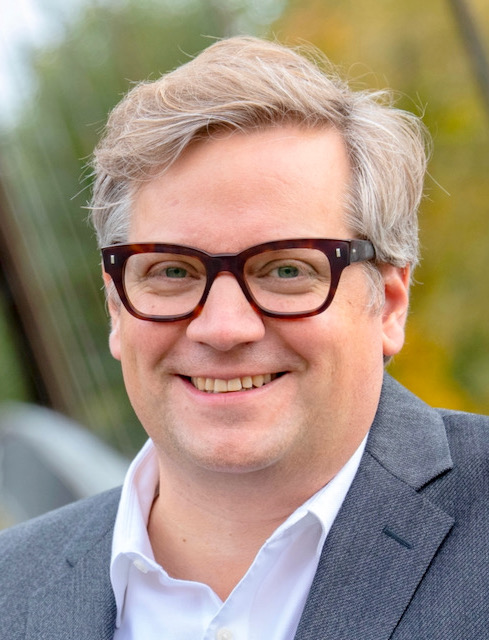
Prof. Dr. Jan-Hendrik Passoth
European University Viadrina
Jan-Hendrik Passoth is Professor of Sociology of Technology, Director of the European New School of Digital Studies and Vice-President of Research and Career Development at the European University Viadrina in Frankfurt (Oder), Germany. After studying Sociology, Political Science, and Computer Science (1998-2003) and earning a doctorate in Hamburg (2007), he was a Postdoctoral Research Associate in Bielefeld (2007-2012) and Berlin (2012-14) and Head of the Digital/Media/Lab at the Munich Center for Technology in Society (2015-2020) as well as aVisiting Scholar at Indiana University (2005), Pennsylvania State University (2014), and Stellenbosch University (2020).
Jan’s research focuses on the role of digital infrastructures for democracy and politics, on software development as responsible social practice and on the possibilities of intervention in and critique of digitization projects through critical design. His projects with scholars in Computer Science, Mathematics and Software Engineering as well as with actors from politics, civil society and the arts have been funded amongst others by the DFG, the BMBF, Erasmus and the EU. His work has been published in journals such as International Sociology, Qualitative Sociology or the Journal of Systems and Software.
Affiliated Master Thesis Research
Illia Litvin
Department of Science and Technology Studies, University of Vienna
Illia is a master student at the Department of Science and Technology Studies at the University of Vienna. His research is focused on the sustainable development of outer space futures and implementations of sustainability concerns within the newly emerging space debris removal sector. His focus is particularly on the joint ESA and Clearspace first active space debris removal mission scheduled for 2026. The thesis project has the working title: “Space Debris and the Making of Outer Space Futures: Assetisation and Valuation Constellations in the First Active Space Debris Removal Mission”. His research is aimed to analyse how existing planetary concerns are enacted through complex valuation processes and relations within the European space sector.
Veronika Nowak
Department of Science and Technology Studies, University of Vienna
Veronika’s Master Thesis follows simulations of the technological and cultural artefact ‚spacesuit’. By analysing interview data gathered at the Austrian Space Forum and selected Science Fiction novels, she seeks to uncover sociotechnical imaginaries of human missions to Mars. Through this approach of symmetrically considering fact and fiction, she shows how sociotechnical imaginaries of humans on Mars echo through one “social ‘spacesuit’ arena”. In today’s new space race, which is dominated by the perspectives of powerful actors like space agencies and billionaires, the angle is shifted to less obvious sites like a small NPO and popular fiction. Both are rehearsing the future of humans in outer space, thus generating data for, and contributing imaginings to our shared imaginaries of becoming a spacefaring civilisation.
